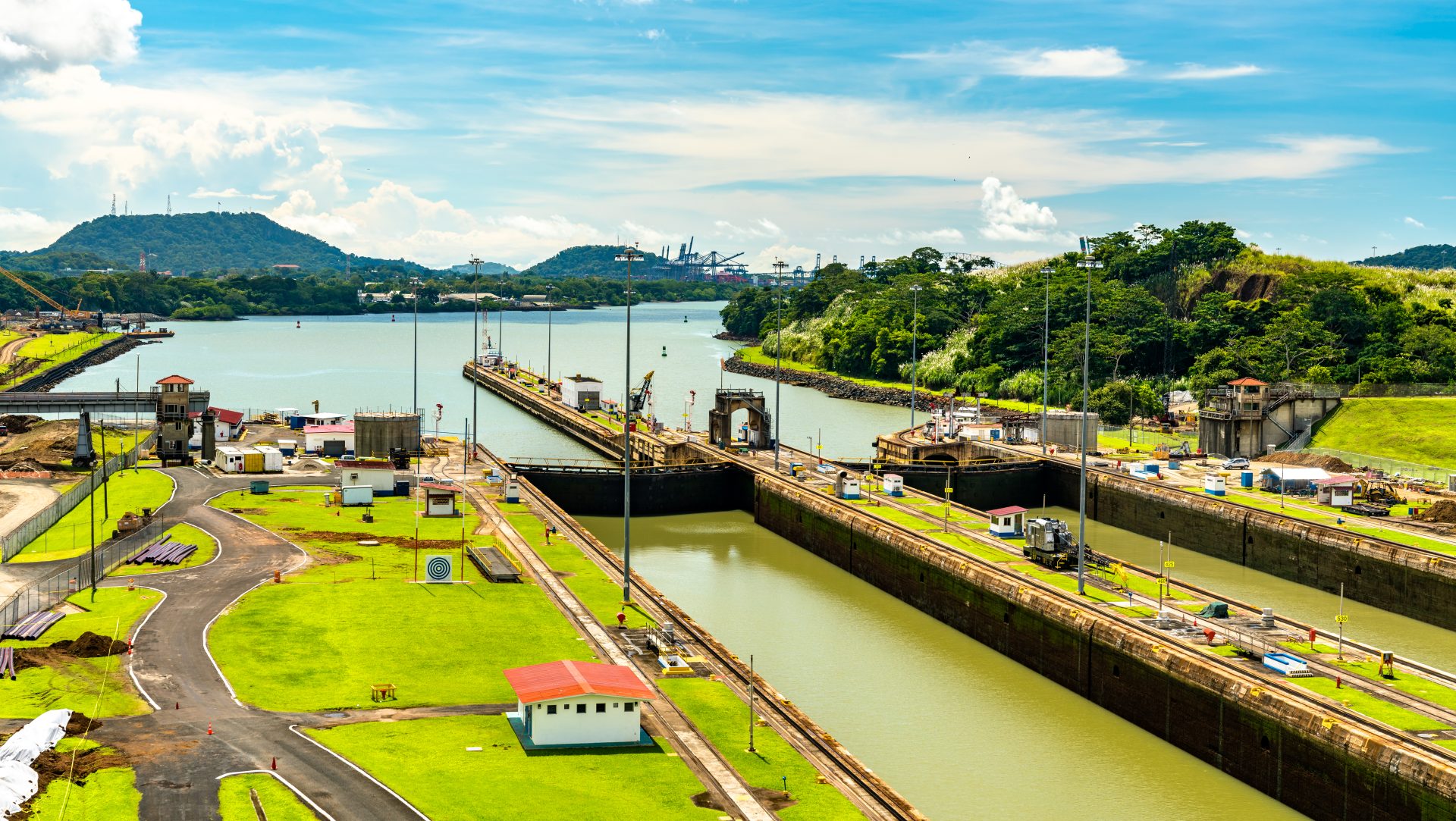The possible acquisition of two terminals near the Panama Canal by MSC has reactivated the debate on the concentration of operators in strategic logistics hubs. However, beyond the concerns that this could generate, the move also opens up a range of positive expectations for the region, particularly in terms of investments, infrastructure modernization and improvements in the competitiveness of the Latin American port system.
The Panama Canal continues to be a key piece in the architecture of global maritime trade, and the eventual progress of the Corozal port project, an initiative that would expand operational capacity and diversify the supply of services, could become a turning point. The entry of new players in the area, especially if they are world-class operators such as MSC, could promote a renewal in the quality of service, avoiding possible monopolies and strengthening the operational neutrality of the canal, an essential attribute to maintain its role as a global logistics platform.
For Ecuador, this scenario represents more than an external observation: It is a concrete opportunity to improve its insertion in the main maritime routes. A more robust Panamanian port network can translate into better transit times, more competitive costs and a more efficient connection to strategic markets such as North America, Europe and Asia. In this context, strengthening alliances with international operators and exploring new logistics routes from Ecuadorian ports to Panama becomes a key move. Improved intermodal services and increased port supply not only benefit large exporters, but also strengthen the entire regional logistics chain.
Likewise, the progress of these projects invites an internal reflection: Improving the competitiveness of national ports is essential to avoid being left out of this dynamic. Closely observing the development of new infrastructure and operating models, identifying possible areas for collaboration and anticipating logistics integration scenarios are necessary steps for the country to remain relevant in an increasingly interconnected network.
The strengthening of Panama’s port infrastructure not only impacts global maritime trade; it redefines the rules of the game for Latin America. Ecuador, as a strategic exporter, has a window of opportunity to project itself more strongly in international markets, provided it acts with vision, agility and strategy.


